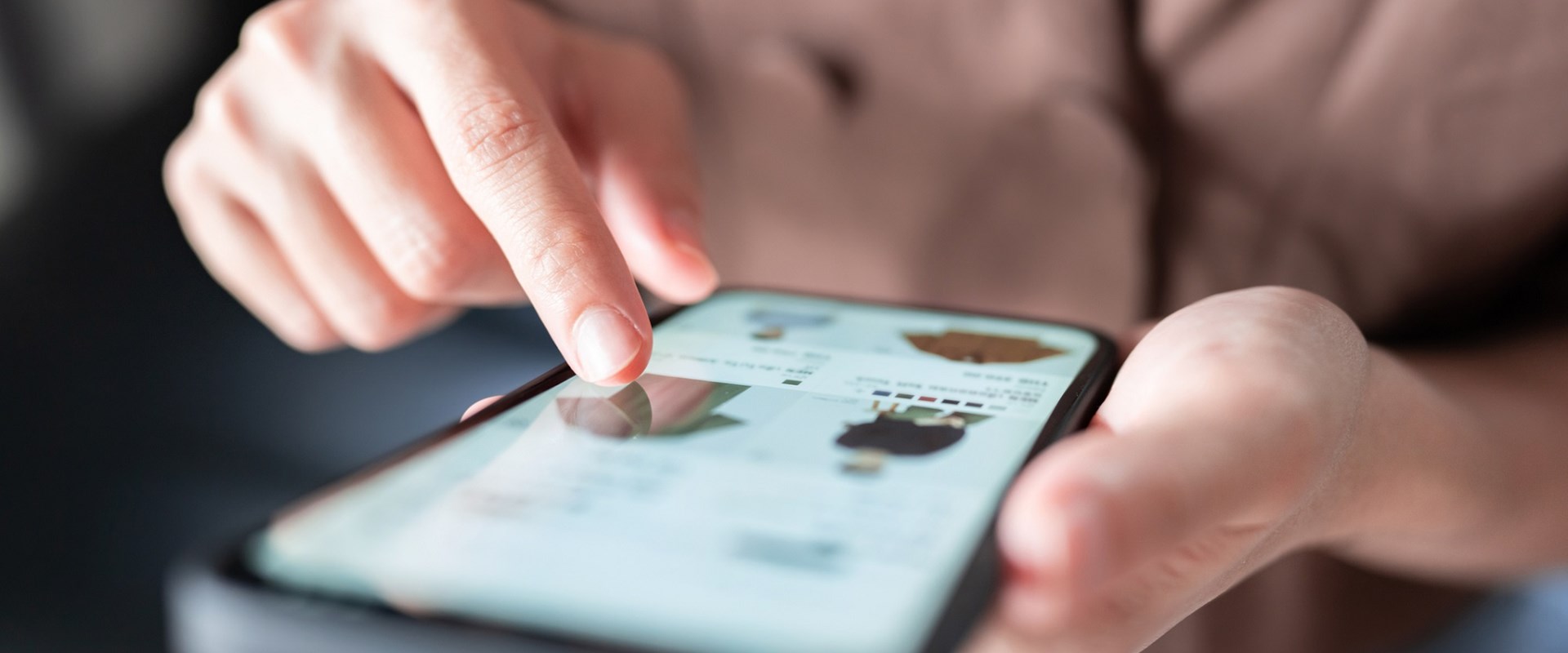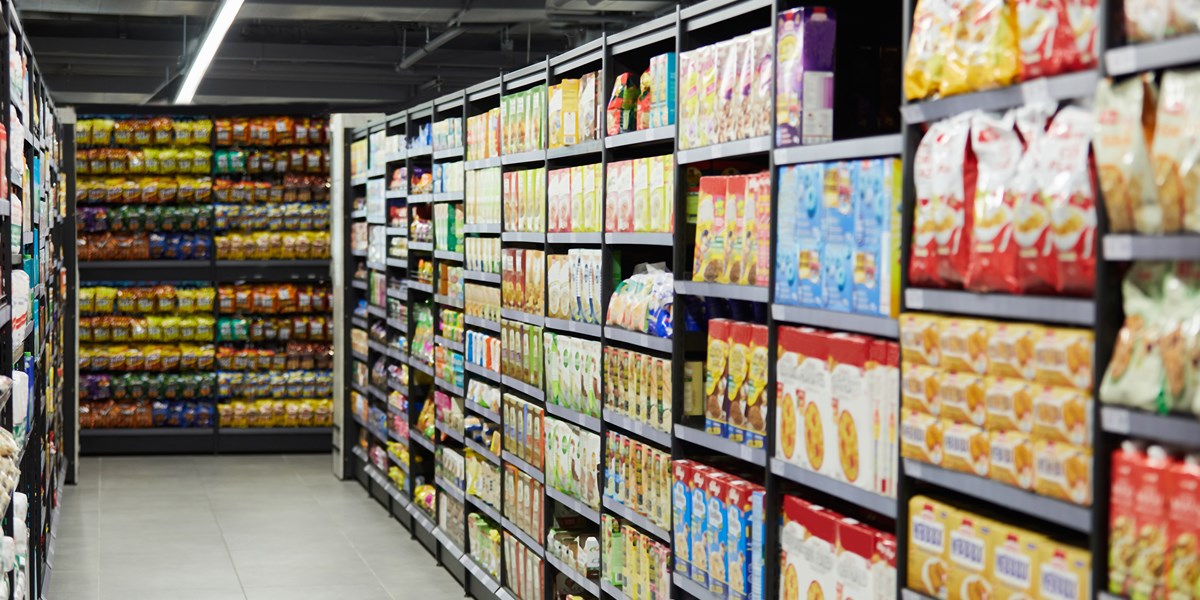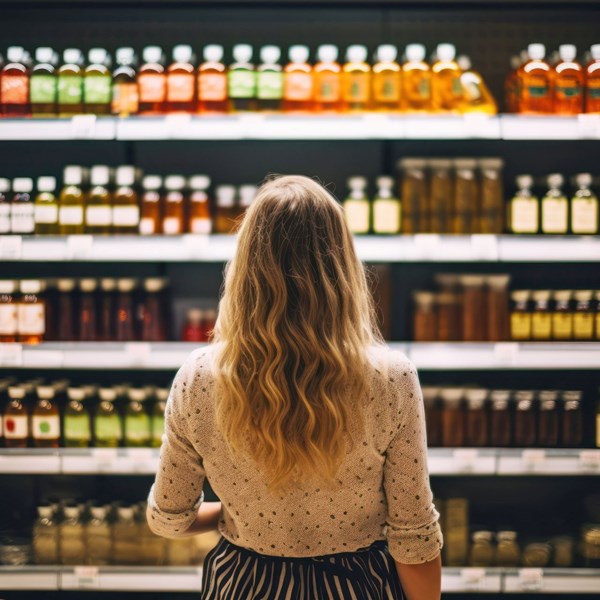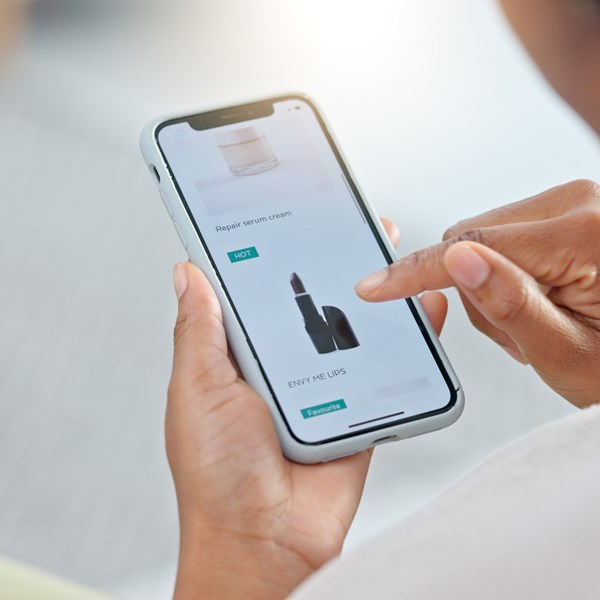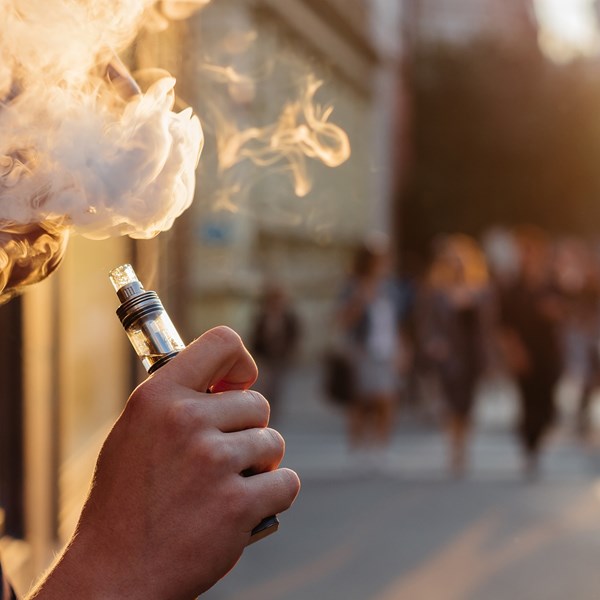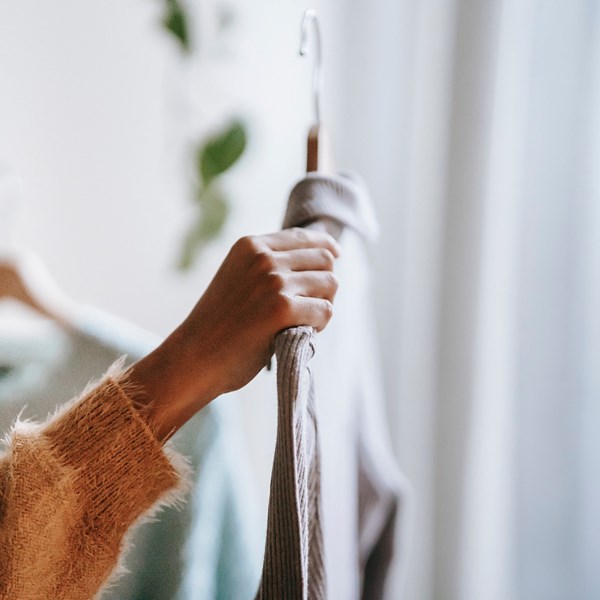Counterfeit products are everywhere. According to the US National Crime Prevention Council, it is now an industry that boasts an annual turnover of $2 trillion, a huge increase on the $464bn the OECD estimated in 2016. It is also an industry that has diversified massively.
It has branched out from poor-quality replica clothing, watches, and handbags into copies that are almost impossible to tell from the originals. These have now been joined by foods, drinks, medicines, tech products, and even - incredibly - large-scale construction products.
However, what are the most faked brands online today?
WHY IS THE ONLINE COUNTERFEIT MARKET GROWING SO QUICKLY?
The answer to that question remains unchanged. People want to buy the right names, but they don’t want to pay the right price. This means expensive products lend themselves perfectly to counterfeiters. This is what attracts criminal attention. Where there is demand, there is opportunity, and it is a demand many criminals are now eagerly filling.
Obviously, this poses a huge problem for brand owners. A readily available and easily accessible supply of counterfeits is a massive threat to their businesses. It affects revenue, market share, and reputation. However, it also poses a threat to consumers.
Counterfeit electronics, for instance, contribute to over 70 deaths and 350,000 serious injuries in the United States every year. Two siblings were killed in Queens, New York last year after an electronic scooter with a fake safety certification label caught fire. Enormous harm is also being caused by the proliferation of counterfeit beauty products and medicines now freely available on certain websites.
However, the damage to the consumer can extend to financial damage. If you are buying from unscrupulous suppliers, their lack of scruples could very well extend to them misusing your credit card details.
Finally, there is the ethical question. Organised crime is often behind counterfeiting. What conditions are their workers being subjected to? What are they using the proceeds of their counterfeiting operations to fund?
WHICH BRANDS ARE FAKED MOST OFTEN ONLINE?
In terms of the brands that are being faked most online, the categories can be broken down into footwear, luxury goods, watches, handbags, tech, and beauty products.
With regards to footwear, currently, the top 10 searches are:
- YEEZY
- Nike Air Jordan
- Nike
- Converse
- Vans
- Adidas
- Timberland
- Puma
- New Balance
- Fila
The top 10 searches for luxury goods are:
- Louis Vuitton
- Gucci
- Balenciaga
- Maison Margiela
- Stone Island
- Dior
- Lacoste
- Alexander MacQueen
- Prada
- Diesel
With regards to watches, the top 10 is:
- Rolex
- Patek Philippe
- Omega
- Cartier
- Hublot
- Audemars Piguet
- Breitling
- Tiffany
- Panerai
- Tag Hauer
The main handbags searched for are currently:
- Gucci
- Chanel
- Louis Vuitton
- YSL
- Telfar
- Michael Kors
- Hermes
- Dior
- Balenciaga
- Prada
The tech products searched for most often are:
- Apple iPhone
- Apple Watch
- Dyson Airwrap
- Nintendo Switch
- IPad
- Ring Doorbell
- Xbox Series X
- Beats Headphones
- Peleton
- Xbox Series S
And finally, the 10 fake beauty brands searched for most often are:
- Foreo
- Charlotte Tilbury
- Olaplex
- Too Faced
- Urban Decay
- La Mer
- Anastasia Beverly Hills
- Le Labo
- Bareminerals
- Dr Jart
WHAT CAN COMPANIES DO TO STOP COUNTERFEITS?
As the threat posed by online counterfeits grows at pace, brand owners must take active steps to protect their position against the counterfeiters.
From an internal perspective, these steps include creating in-house brand protection teams to identify and remove counterfeit listings, working more closely with the major online listing platforms, and employing the latest authentication and supply chain monitoring technologies.
They could also invest in consumer education to make their market aware of both the differences between the originals and the counterfeit versions and the myriad of financial, ethical, and personal risks of purchasing counterfeit goods online. However, given the key driver for purchasing fakes - purchasing at a significantly lower price - it is arguable this type of investment will ever deliver the desired level of return.
From a legal perspective, as brand professionals, there are several ways we can help brand owners protect their intellectual property as well as their revenue streams and market share.
The first is registering trade marks.
Although registering a brand’s name, logo, and distinctive features isn’t a deterrent against the most determined criminals, it does give us a solid basis to move to the next stage of the protection process, enforcement.
Once legal protection of a brand has been established (and this could be through design registration as much as trade mark registration), we have the grounds we need to take offensive action against counterfeiters and unlicensed sellers anywhere in the world or online.
We are also geared up to make sure monitoring potential counterfeit activity online is as productive, easy, and cost-effective as possible.
iProvidence is our best-in-class online brand protection tool. It combines the very best of Potter Clarkson’s intellectual property expertise together with decades of strategic, tactical, and international brand protection experience to give you your very own Eye of Providence, an all-seeing eye on the internet.
Once you have iProvidence, our expert team will take care of all the trawling, monitoring, and enforcing of your IP rights on your behalf. This will leave you to concentrate on your other responsibilities, safe in the knowledge that the online threats to your brands are being carefully and constantly monitored.
This unique combination of sophisticated search, analytical technology, and enforcement expertise will find the online threats, filter them according to your key concerns, and then take immediate action to enforce your rights before providing regular reports summarising where and how your brands are being exploited.
If you would like to find out more about iProvidence or request a free trial, please email us or visit the iProvidence page.
If you would like to discuss how to best protect your brands against counterfeiting with one of the branding experts in our dedicated FMCG team, please contact us today.
